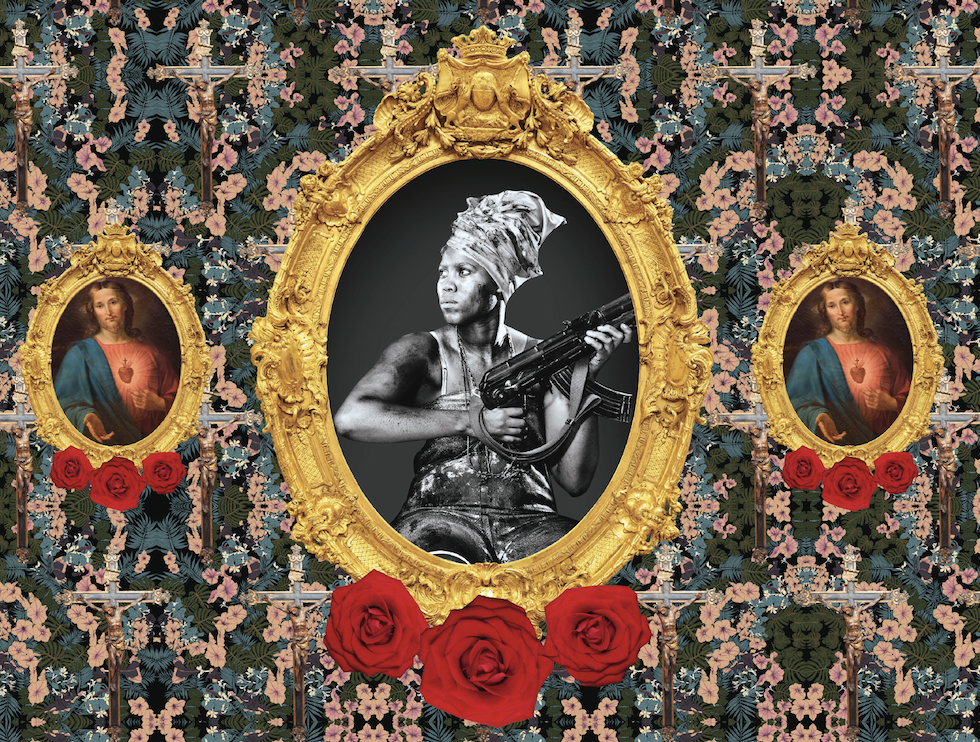
I grew up in a home filled with books. We had subscriptions to National Geographic and Reader’s Digest. There was art on our walls. My parents listened to the BBC every morning. On Sundays it was mandatory that my sisters and I spent two hours reading in the bedroom we shared. So it came as a surprise to me when, at the age of 20, I realised I had never set foot inside a museum.
Instantly, I blamed this gap in my cultural exposure on the fact that I had grown up in post-independence Africa. The Africa of my childhood created a great many artists and musicians. It created doctors and lawyers who specialised in all sorts of fancy areas. Yet it failed – in the main – to produce institutions that might sustain these endeavours and turn the talents of successful individuals into national assets.
I grew up in Lusaka and then Nairobi, but I was neither Zambian nor Kenyan. I was the child of a refugee. Africa then – as now – came with its own measure of precariousness. In the early 1960s, my father left South Africa to join the military wing of the African National Congress (ANC), becoming a certified member of the liberation struggle. In the 1970s, in Zambia, which was where the ANC was headquartered, he met and married the woman who would become my mother. She was an accounting student from Swaziland. When I was born in 1974, I became a casualty of the British rule of primogeniture, which had been codified as law when Swaziland was colonised. As a woman, my mother was barred from passing on citizenship to her progeny. My exiled father had no citizenship rights to give me, so I was born with no real nation. I did not know this, of course. I was a child whose parents were cosmopolitan. This meant the first decade of my life was spent in the company of revolutionaries – women and men who were energetic and creative and whose inspiration for justice came from a wide range of sources. Our community may have been wed to a revolutionary struggle, but we had distinctly bourgeois sensibilities. As children we occupied contained spaces. Our typical African childhoods were spent playing and avoiding rabid dogs and stealing avocados, but we were not allowed to roam wild and free across neighbourhoods. We stayed in the compounds that surrounded the flats housing public servants and the upwardly mobile in newly independent Zambia. We played in the yards of families we visited, or on quiet streets where more established black South African families lived. Going to the market was seldom fun. It was a noisy, necessary duty.
My mother battled through rubbish and puddles of sewage, and picked her way from one stall to another with her nose turned up. She would clutch us tightly and hurry to finish her errands as quickly as possible, so we could get back to the relative calm of the flats. She was, after all, a Swazi woman and had grown up in a distinctly smaller and more organised society. Public space, then, was often fraught and difficult. Still, there were places where being in public was entertaining. We used to go to the Munda Wanga